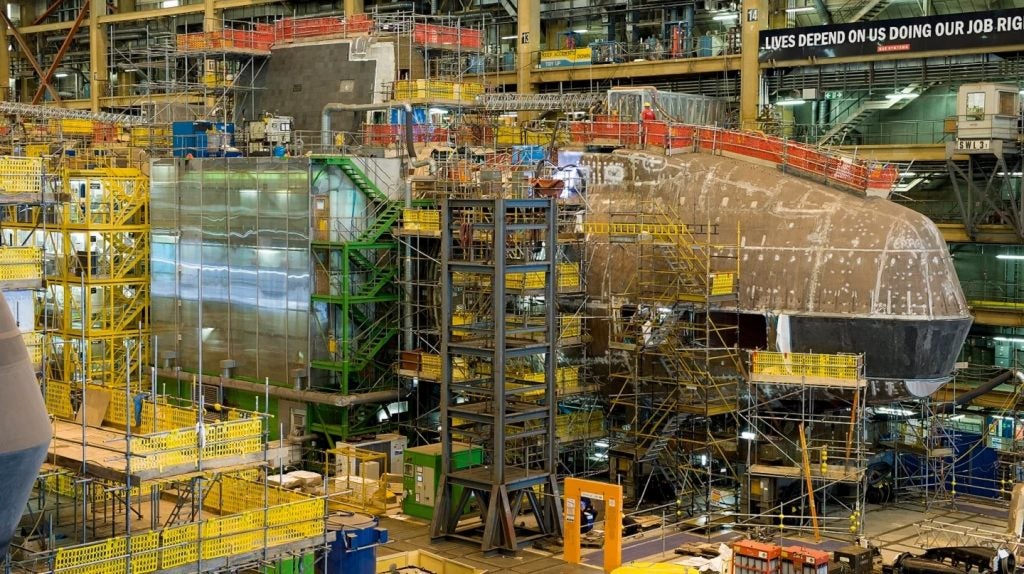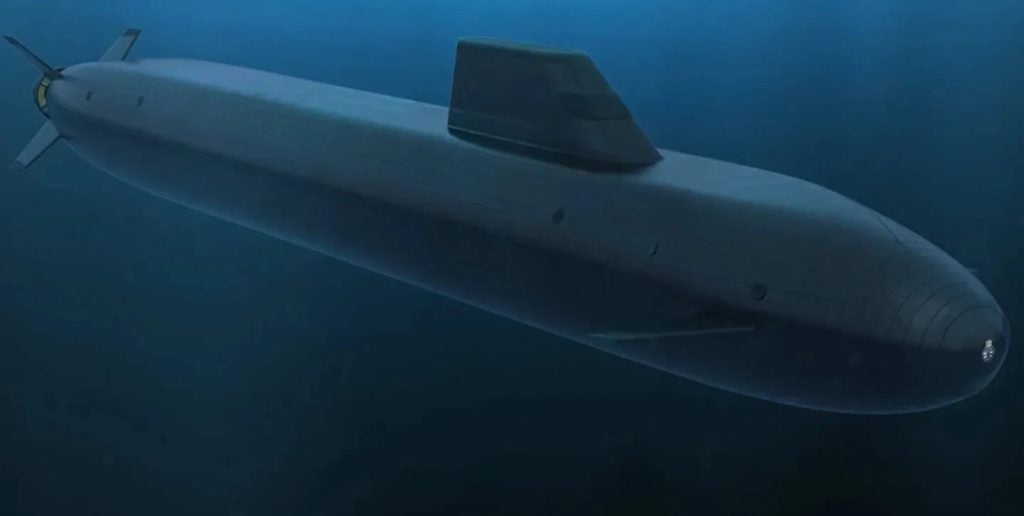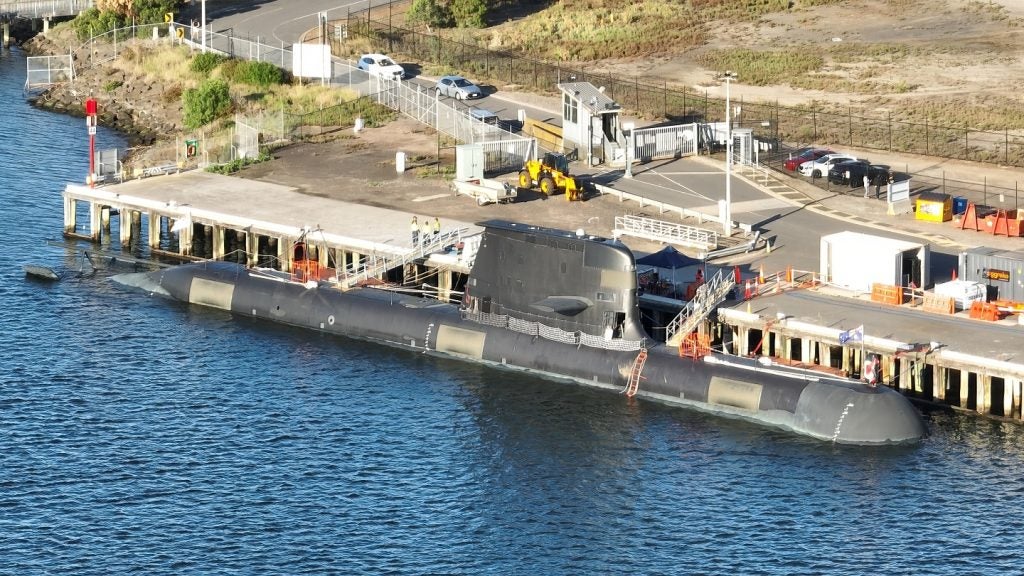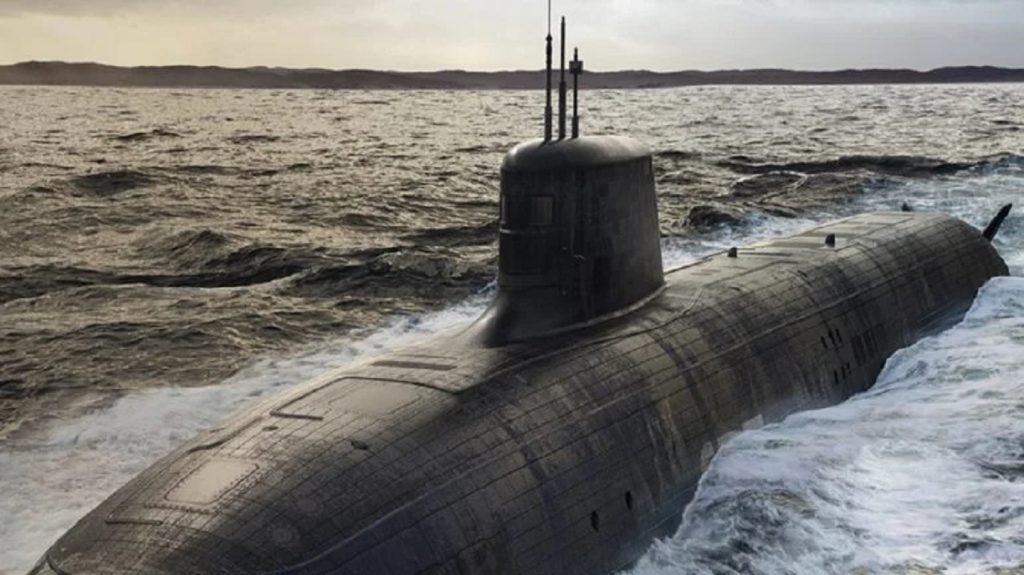China has said that the signing of an agreement between the three AUKUS powers of Australia, the United Kingdom, and the United States, that will see nuclear propulsion technology provided to Canberra, undermines international non-proliferation policy and “provokes” a global nuclear arms race.
The transfer of military nuclear propulsion technology to power the Royal Australian Navy’s future nuclear-powered attack submarines (SSN) under the AUKUS programme has been viewed dimly by China, with Beijing stating the move puts into question the AUKUS countries’ commitment to nuclear non-proliferation.
For their part, the AUKUS states have denied that the decision to provide military-grade nuclear power technology to Australia breaches non-proliferation protocols, saying that the transfer had been agreed with knowledge of the International Atomic Energy Authority (IAEA).

In a 29 August 2024 comment, attributed to Senior Colonel Wu Qian, spokesperson for China’s Ministry of National Defense (MND), it was stated that the transfer of nuclear technology and “weapons-grade enriched uranium” would “undermine” the international non-proliferation regime.
“The US, the UK and Australia set up the so-called AUKUS, and signed a cooperation agreement on nuclear propulsion to greenlight the transfer of nuclear-powered submarine reactors, as well as a large number of weapons-grade highly enriched uranium from nuclear-weapon states to non-nuclear-weapon states,” Qian was quoted as saying by the MND.
“Such acts severely undermine the international non-proliferation regime, gravely provoke nuclear arms race around the world, and seriously jeopardise regional peace and stability,” he added.
China’s stance is not unexpected, with an Australian nuclear submarine capability likely counted as a strategic threat by Beijing, compared to the capabilities that Canberra was going to obtain through an earlier deal with France for conventionally powered submarines.
Australia’s cancellation of the submarine deal with France in 2021 in favour of its shift to the AUKUS SSN caused a diplomatic rupture with Paris and is without precedent in the modern era for a non-nuclear power to acquire military nuclear propulsion capabilities.
Australia commits billions to UK’s nuclear sector
The nuclear submarine programme falls under Pillar 1 of the AUKUS agreement will see Australia lease up to four Virginia-class SSNs from the US Navy, while the UK develops and finalises the design of the future UK-Australian AUKUS SSN, a common class of nuclear-powered attack submarine the two countries will operate.
The AUKUS SSN will incorporate “advanced US technologies”, it was revealed in March this year.
Currently, Rolls-Royce builds the pressurised water reactors (PWR) used by UK submarines with the Astute-class SSN using the PWR2, while the Dreadnought-class ballistic missile submarines will feature the under-development PWR3 power source.

With announcements that the AUKUS SSN will become the largest attack submarines ever fielded by the UK Royal Navy, it is possible that the PWR3 or a derivative could be used for the new joint UK-Australia boats.
Currently, a submerged Astute class displaces around 7,600 tonnes (t), compared to the approximate 10,000t of the latest US Navy Block V Virginia class.
In March 2024 Australia committed to the A$4.6bn ($3.1bn) investment into Rolls-Royce’s nuclear industrial site in Derby, UK, widely seen as paying for its part in the necessarily expansion of production capabilities required to provide nuclear reactors for all of the UK’s and Australia’s naval nuclear requirements.

The UK intends to deliver its first AUKUS SSN to the UK Royal Navy in the late 2030s. Australia plans to deliver the first Australian-built AUKUS SSNs to the Royal Australian Navy in the early 2040s.
AUKUS states say programme in line with non-proliferation
All three AUKUS countries have been keen to stress their adherence to the non-proliferation protocols, stating in March 2023 that they had consulted regularly with the IAEA.
As part of the deal to obtain naval nuclear technologies, Australia committed to not seeking to acquire nuclear weapons, enrich its own uranium, or reprocess spent fuel as part of the AUKUS programme, and not produce its own nuclear fuel for its forthcoming SSNs.
In addition, the UK and US are to provide Australia with nuclear material in complete, welded, power units that will not require refuelling during their operational lifetime. The initiative would occur within the framework of Australia’s Comprehensive Safeguards Agreement (CSA) and Additional Protocol (AP) with the IAEA, the AUKUS countries stated, the AUKUS countries stated.









